a digital journal entry once entitled, “rip the band-aid off, ismatu”
So.
I have found you all dangling on the end of my pen today because not being able to write feels very similar to when you can't cry. You know? Like, it's different than— or. It's not “different than.” But these words feel too small— there's a clog, a block, stoppage. All those things feel too small. What I'm feeling is... the seed of grief. Yet another seed of grief that has found its way directly into my marrow. And it's incredibly heavy. It feels like when I lost so much family to Ebola and then COVID concurrently, that I couldn't cry, that my body— I was storing these seeds of grief that I didn't know how to feel. So it was just,
they were just
sitting there. waiting for the opportunity to germinate.
I remember being in graduate school at that time. And of course, you know, we know how COVID has gone in the United States, the blanket of denial. I kept asking for mercy and for understanding when I wasn't performing well in school, because I am a part of the Tens Club.
Tens Club: when there's an event, a genocidal event that has taken Tens of your family members at a time.
And COVID-19 is not the first Tens event that my family has survived.
When it was happening, you know— when I was a child and the Sierra Leonean Civil War was happening; when I was a child and Ebola was blooming in my country; then the mudslide; when I was a new adult, a child-like adult moving through COVID and looking like the weights of police brutality really directly in the face— not that none of these things were new, right? The idea of disease discourse and disease as a weapon of a government who has extermination intents. genocidal fantasies. who really like, they really cheer and riot when people of certain demographics die en masse. not new.
The lack of germination, that period between me getting this seed of grief and it being able to root and bloom in my body is not because of shock. It's not because I “didn't know.” It's because… I didn’t have the marrow yet. I don't have any spare fertile bone for more grief yet. There's a graphic that I've seen over the course of years— I'll see if I can find it and put it in the transcript version of this. There's a graphic that shows a marble inside of a jar and talking about grief.
and the graphic says, you know, the grief never really goes away, you just get bigger. I've held on to that graphic because I saw it, I mean, like, Facebook when I had a Facebook when I was like 14. And it was helpful in encapsulating what, what it feels like to grow around like this seed of, of hard grief.
But I feel like that graphic doesn't capture is what happens when that hard seed of grief begins to root and sprout.
that for me is—those sprouts, what blooms from grief— is in the writing. That's why I produce art. That's why I'm here, up on this stage. It's how I can tolerate the stage in the first place, because it allows me a space to be able to bloom grief for you all. And maybe even a space where I can help other people bloom their grief.
When I say— we're gonna do a little bit of substitution here, right? If A equals B. I say all the time that love is the feeling that compels you to act in someone else's highest good. And yours. Yours or someone else's highest good. And love is the action itself. It's two prong, right? The double edged sword of what it is that blooms within you that compels you to act in the highest good, and the action that follows. I also say that grief and love are synonymous. So my grief for me, which is the same thing,
the same thing as love,
is also something that roots and blooms inside of me. That takes my flesh. Grief is something that lives in almost a parasitic manner because I'm giving it my bone marrow. The grief sucks the marrow from my bones to bloom itself and it compels me to act in someone else's highest good. In the good of the dead.
If you're listening to this and you feel seeds of grief, I would really love to know what you think that they might bloom for you. What feelings and what actions might bloom from the grief that you're holding. Do you have space to bloom the seeds yet? It's okay if you don't.
So what's happening to me?
It’s that I...
I can feel my seeds beginning to sprout.
I can feel the seeds of grief beginning to sprout. I am not, this October of 2023 was not the first time that I had heard of Palestine. And it's, I'm laughing because— because I have grown, I too have grown up at the mercy of virality, because the correct kind of aid or love or support comes from whether people can see you or not. And the difference between living in the Western world and not is access to the world stage in which Attention in Information Economies is also love. That's a whole separate essay.
Because I understand and have understood from really young ages how lucrative American intention is— United States Americans have some of the most lucrative intention in the entire world. I think the first time I found this out was during the viral Stop Kony campaign and all of a sudden all of my classmates were talking about child soldiers. And I remember going home to my mother in middle school and being like… now they care about child soldiers? and she was like, “eh, pikin.” Meaning, oh my child. Don't I know it.
I think since childhood, I've had as a mission to be able to understand how to utilize my attention in a way that germinates my grief. So with all that being said… this is not my first understandings of the plight of Palestinians. I have known about the silent genocide in Congo since high school, earlier than high school. I have family that's Congolese. We understand like these— the reason it's packaged like this, in a way where people are trying to get your attention, is because your attention is lucrative. But I don't wanna talk about the realities of living in the colonized world as separate and distinct events. Africans, diasporadic people, we know about the weight of resource extraction because it's our families on the other side. I've known about Congolese mineral mining for about as long as I've known about blood diamonds in Salone, you know what I'm saying? These are my attentions in my personal study and in the study of my communities, the people that I speak to in person, the people that come in my house. We all work to keep the tapestry threaded and accounted for.
We all work to study and weave the tapestry that we're all weaving here, the tapestry of human life.
All of these events, they're all inter-connected. It’s one of the reasons this space is called threadings., because I understand my life as part of the tapestry, a patchwork in the greater quilt— and the only thing keeping and collecting me so I don’t fray at the seams is the rest of the tapestry being held together. So all that is to say, I've known about these things for a long time. I make it my business to know. To keep myself from fraying. The current geopolitical unfoldings— it feels similar to when I lost family that I didn't have the opportunity to meet because I was born on the other side of the world. I didn't know how to feel that grief within me yet. I felt the plunk, the heavy, the heavy condensed seed of grief thunk down in my chest. And I would just… find a place to put it somewhere because I didn't have— as a child, you know, as an adolescent— I didn't have any extra marrow to grow that grief.
I am now sitting here in my adult body and my bones have never been this big or this heavy. I've never had this much marrow before. I finally have space to grow the grief. All these griefs that have all been connected for so long that are rooting and blooming inside me.
I have for a long time said that poetry is the thesis of my life. And I've never felt like that was truer than this month, in which I haven't been able to write poetry, or really anything that's compelled me… in too long. And then in the month of October, I've sat down again with poetry and what it means to me.
All that is to say.
Thank you for tolerating my delays in production. I am an artist. I don't consider myself a content machine. And I don't want you to be here in spaces where you will support me with your dollars for like… a transactional understanding of like, and thus I will be able to produce this, that and the third. My marrow first, first and foremost goes to my grief.
I feel so intensely grateful to have access to a world stage where I can help plant these Grief seeds, you know? The privilege isn't lost on me. And there's a lot of days where I'm really swimming in survivor's guilt. It's definitely not the first time I brought that up in this digital, communal notebook. Because I don't always feel lucky to be alive.
Sometimes I postulate on the piece of death and wonder about the weight of being the person alive, the people alive to witness it all and record it all and to feel and bloom the grief, what that sacrifice costs you and what makes it all worth it. It doesn't always feel like luck. In fact, I'm gonna say: it never feels like luck. It feels like a blessing, in the original etymology of the word. To be blessed, originally, meant to be anointed in blood. That's how I feel. Like the people that kept and collected me bathed me in their blood. They give me something to survive for. Stories to tell. Tapestries to weave. They remind me why archival is my most favorite love language.
I'm going to conclude this by saying I had a dream last night with a friend I consider incredibly dear to me. I'll leave out her name, but she's Bangladeshi. So the happenings of the Palestinian world is very, I don't know if y'all know about Bangladesh. They've been they've been on that shit. Bangladesh was, when they were becoming a nation state in— you know, a nation state in and of itself (this is an entirely separate essay yet again). But the nation state in and of itself is a Western technology. It's a means of organizing a people such that you can prove a people was there. If you're just, you know, a conglomerate of ethnic communities taking care of one another and working for each other's sustenance, as far as the West is concerned, the land is empty and the people are fit to be slaughtered. Once there's a nation state involved, now we're like, oh, okay, so there's paperwork. So when Bangladesh was becoming a nation state, you need other nation states to sign off on the fact that they recognize you as real. This is one of the reasons that I always say the so-called state of Israel, because I do not recognize their nationhood. At all. And for that matter, I don't recognize the United States of nationhood. Again, a separate essay.
But the so-called state of Israel said, oh Bangladesh, we'd like to recognize you as a nation state. And Bangladesh returned their correspondence and said, actually, y’all can keep that. We don't, we don't, we do not care about your opinion. You should keep that. In fact, we do care! We want it over there. So a Bangladeshi friend came to me to dream last night and told me to get off my ass.
Um, and I was like, but the grief. And she said, “mmmm. get off your ass.”
So I have titled this entry in my digital notebooks that you all share with me, Rip the Band-Aid Off, ismatu. My people wore the face of one of my physical beloveds because it all carries the same message. Get to writing ismatu. God gave you a staff and called it a pen. You save your own life in the writing, ismatu. Other people have stones for grief; they get to wallow. You have to grow your seeds. It’s time, ismatu. Get up. Get up. Get up.
I am writing this because it’s time for me to bloom my grief where you all can see. Because I recently got a question, or a request in the comment of a video that I am happy to answer:
Mmmm. Because the weight of being an artist is both what Toni Cade Bambara said and what Nina Simone lived— I mean, as well as Toni Cade Bambara. Bambara very famously said, the task of the artist is to make revolution irresistible. And Nina Simone was one who risked her life on multiple occasions to use her artistry to become so undeniably great, so undeniably infallible so that she could have enough sovereignty to say, turn your gaze back into the men you've lynched from trees. And that was a song where she risked her life to sing it.
The world moves quicker than it once does. And I am blessed, as in anointed with blood, to have a place on the world stage where people see me and people hear me and people have a desire to listen to me. So then it is imperative that I ask us, that I beseech us, and that I create pathways for us to turn our most lucrative attention back to these people that look like me, these strange fruits that swing from trees.
These people under the rubble,
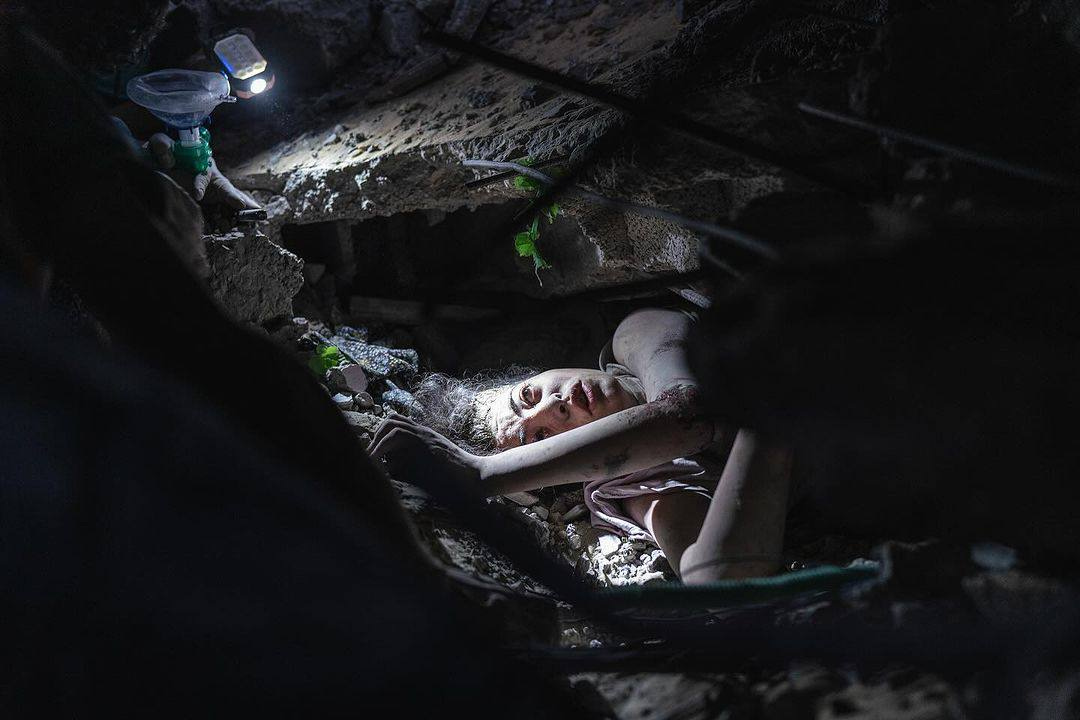
buried and soiled PPE in shallow graves.
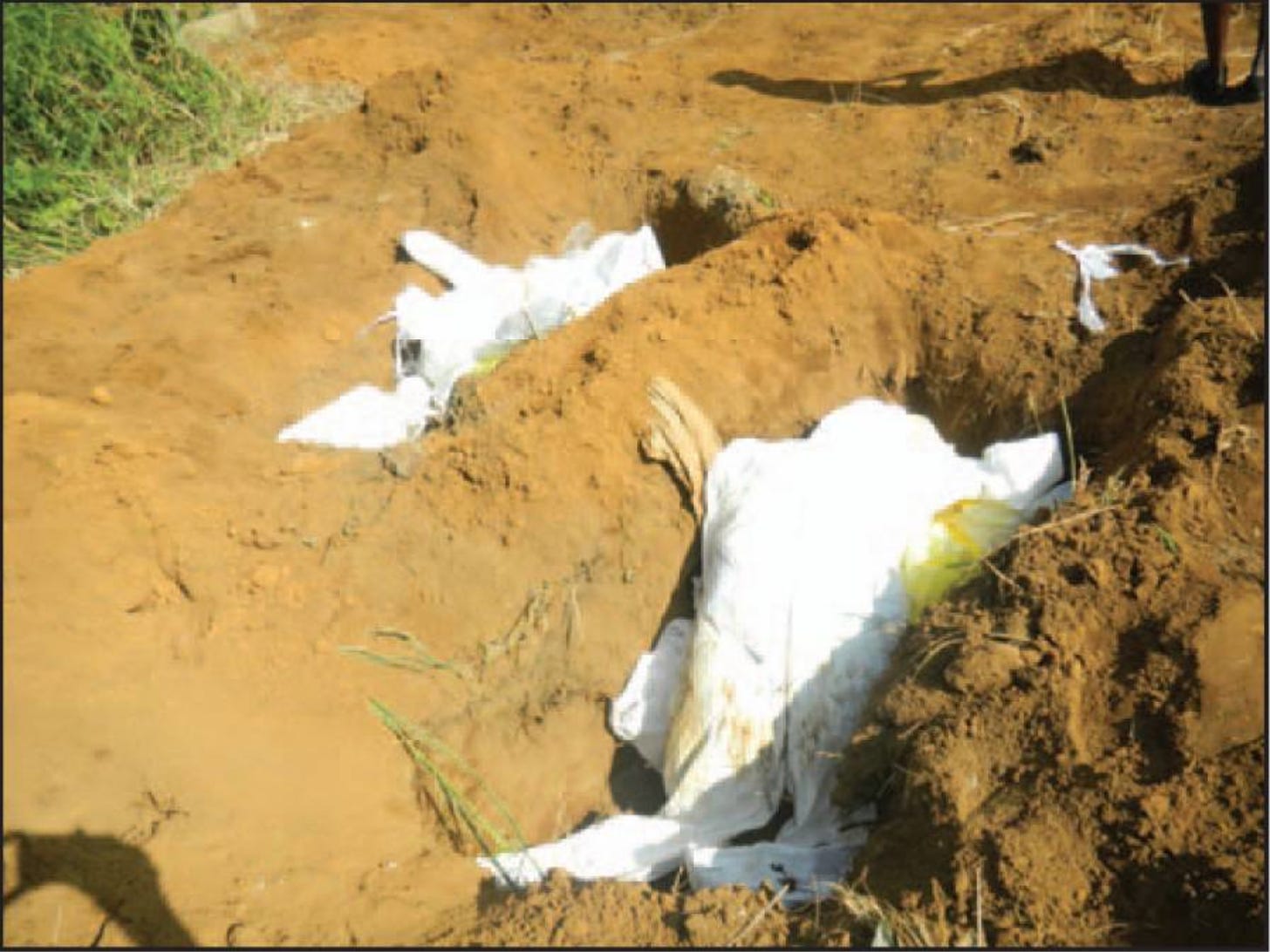
These people that flee wars entirely conceived of by proxy.
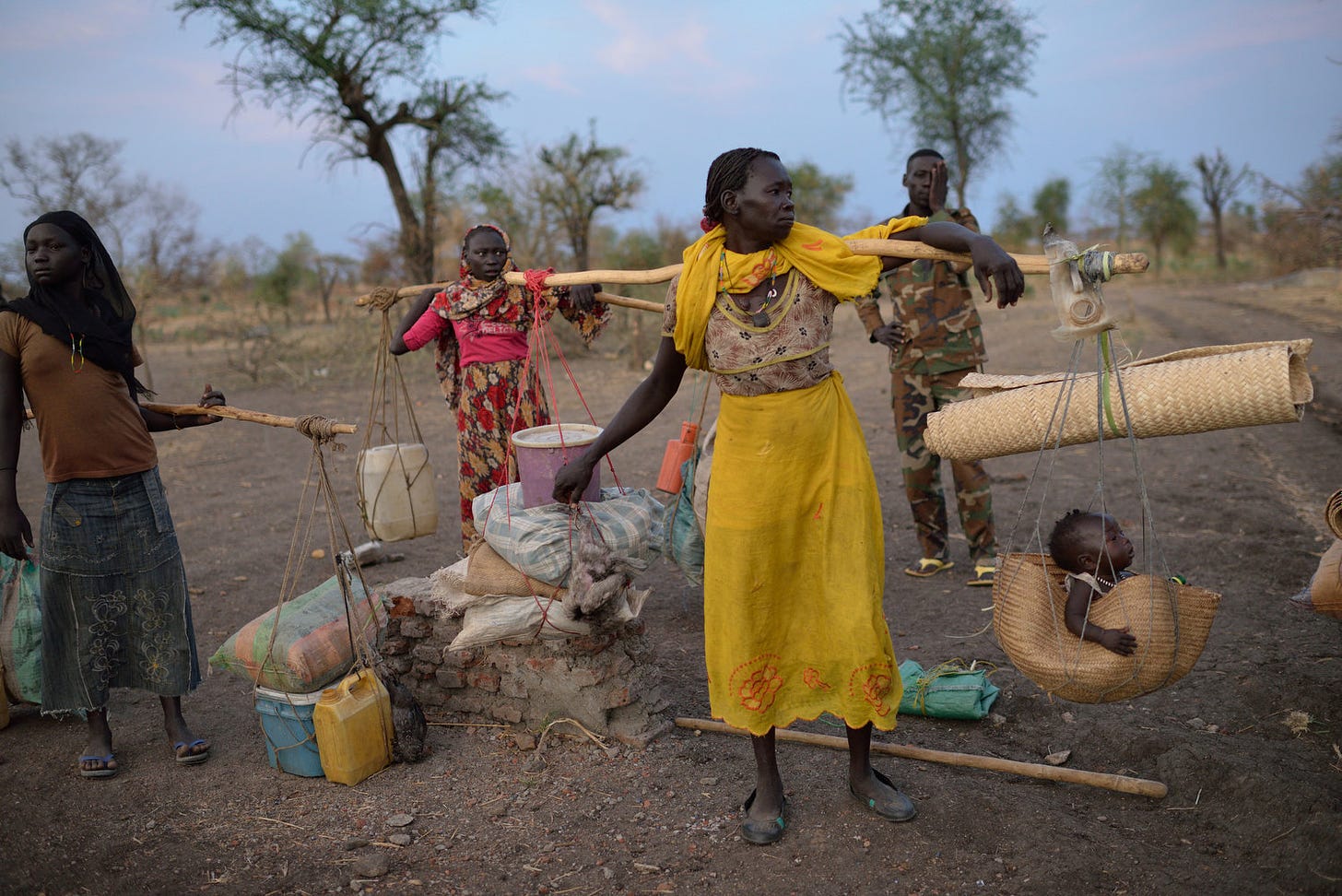
These people that anoint their minerals, their shiny rocks, in their own blood, as blessings for the West.
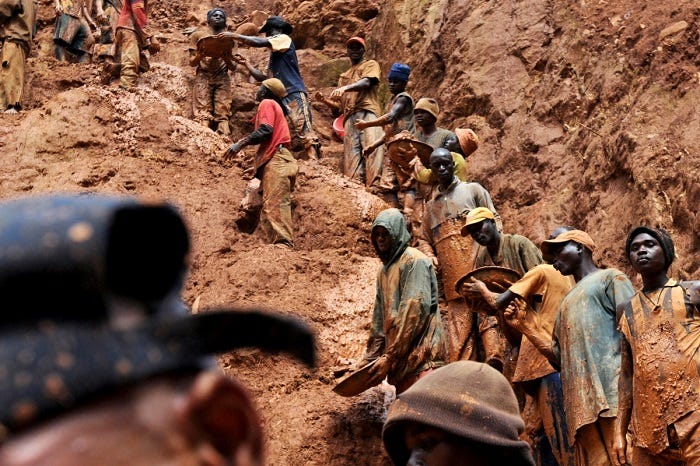
The people that resist by any means freedom necessitates.
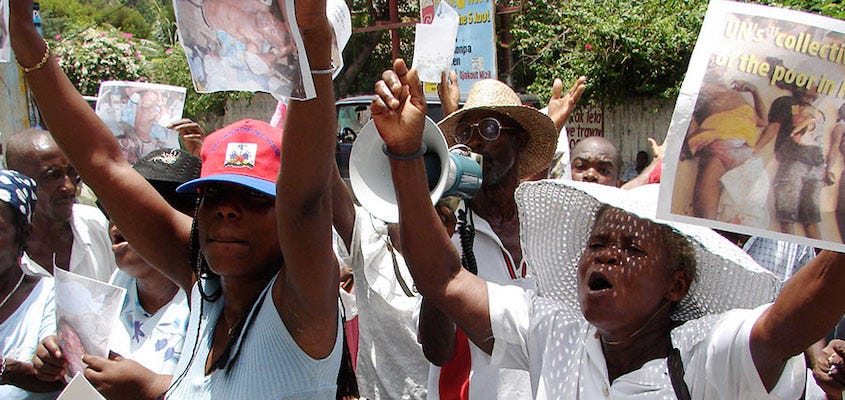
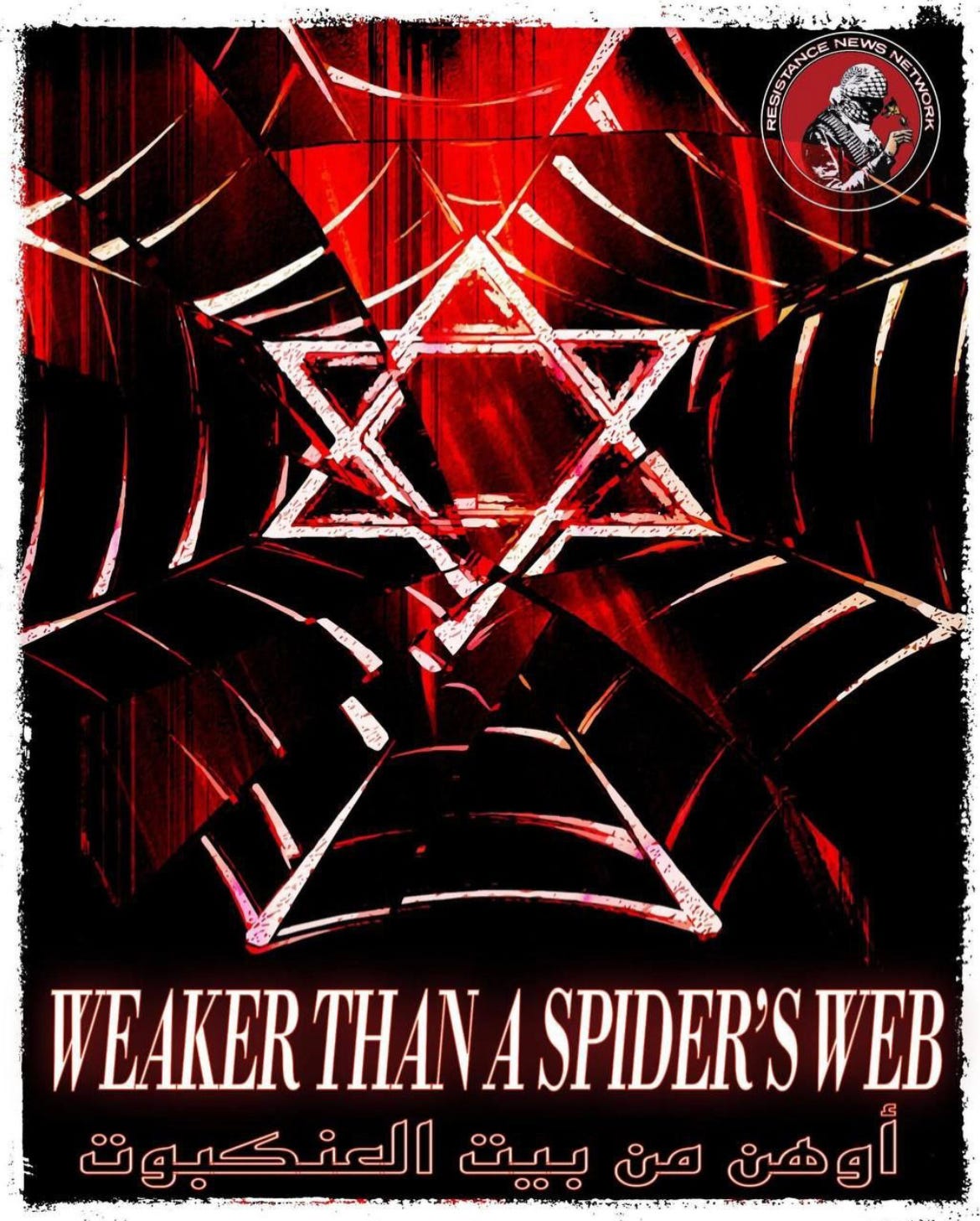
I'm happy to have had these years, especially the years that were spent in anonymity, for me to feel my bones grow. And I'm happy to have enough agency where I have extra marrow to grow the grief. I don't know that excitement is the right word for how I feel about what's about to bloom for me.
but I have a lot of fervent anticipation.
I hope the work of your day passes through your hands with ease.
ig


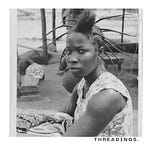

![graphic quotes Lois Tonkin, 1996: People think that grief slowly gets smaller with time. [these words are placed in a row with a black circle and a red watercolor circle slowly getting smaller.] In reality, grief stays the same size, but slowly life begins to grow bigger around it. [here, the red circle stays the same size and the black circle gets bigger.] graphic quotes Lois Tonkin, 1996: People think that grief slowly gets smaller with time. [these words are placed in a row with a black circle and a red watercolor circle slowly getting smaller.] In reality, grief stays the same size, but slowly life begins to grow bigger around it. [here, the red circle stays the same size and the black circle gets bigger.]](https://substackcdn.com/image/fetch/w_1456,c_limit,f_auto,q_auto:good,fl_progressive:steep/https%3A%2F%2Fsubstack-post-media.s3.amazonaws.com%2Fpublic%2Fimages%2Fba00e72c-d596-42f8-871c-2db1f7f91e0a_1200x628.png)

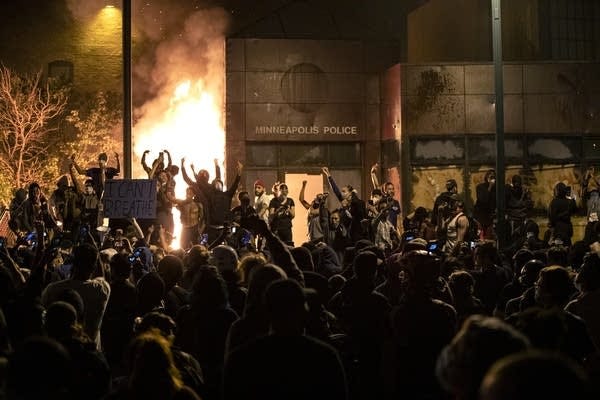

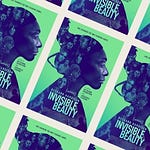

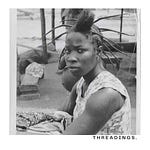

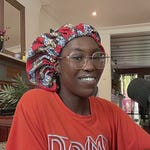
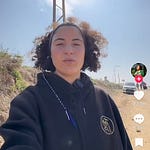
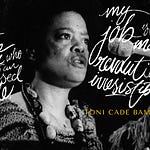

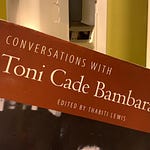
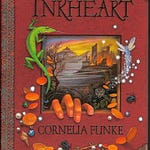
a prelude: “blessed,” meaning washed with blood.